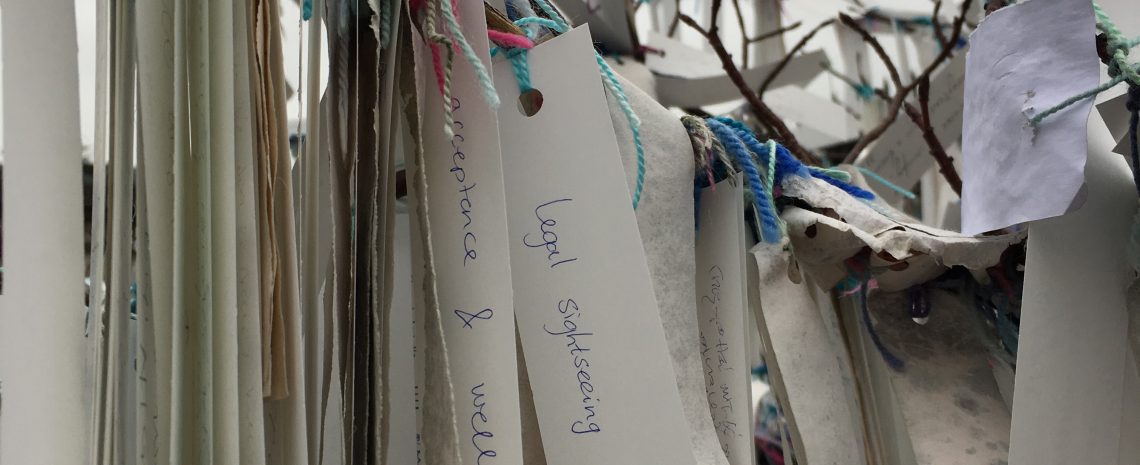“Everybody is here!” a colleague, all jazzhands, calls out to us. She’s right. Seated in the audience we distinct a good part of The Hague’s international criminal justice professionals, faces we recognise from the cities tribunals, NGO’s, research institutes, and the country’s universities. We are here in De Nieuwe Kerk for a performance of East West Street after the book by Philippe Sands. The story is of Raphael Lemkin and Hersch Lauterpacht and their work on getting genocide and crimes against humanity recognised in Nuremberg as international crimes. And the story is of Hans Frank, who during the Nazi regime was Governor General of occupied Poland and as such had control over the city of Lwow -current day Ukrainian Lviv, the city from which the family of Philippe Sands himself originated. Besides a shared history, coloured by the development of international law, the men share a passion for classical music. Not a few members in the audience are moved to tears by the re-enactment of this history and the music performed by bass-baritone Laurent Naouri and pianist Guillaume de Chassy.
The book, play, and documentary have been the talk of the town in international law land, with a conference organised in Lvev, the city around which the stories revolve. Here today is Philippe Sands himself, acting and directing the play, and staying afterwards to speak with his audience and signing copies of his book. He asks everyone who comes to him with a copy of his book who they are, as he is very aware of the significance of performing this play in the city of The Hague. It is rare that this group of people finds themselves together in an artistic setting that opens up a space for reflection and allows them to be moved by the work that they do.

